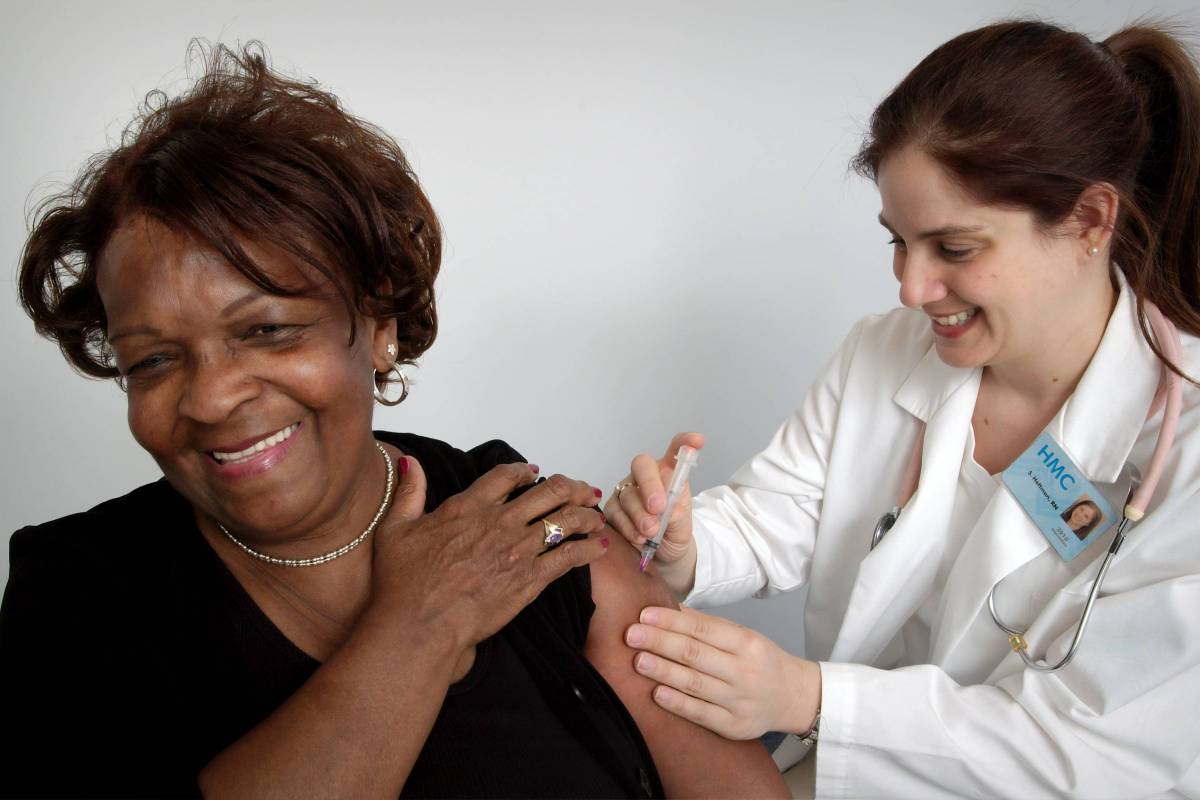Thrombosis Association Issued Reaffirming COVID-19 Vaccination Statement

The International Society on Thrombosis and Haemostasis (ISTH) recommended on March 12, 2021, that all eligible adults continue to receive their COVID-19 vaccinations, despite the recent decisions by Austria, Denmark, Norway, and Iceland to at least temporarily suspend the use of the AstraZeneca vaccine due to reports of thrombosis.
'At this time, the small number of reported thrombotic events relative to the millions of administered COVID-19 vaccinations does not suggest a direct link.'
Thrombotic events are common in the general population and have not previously been associated with vaccination. At present, we do not know whether the timing of the blood clots with vaccination is coincidental or whether vaccination may, in rare cases, increase the risk of thrombosis. Importantly, well-conducted clinical trials of COVID-19 vaccinations did not identify an increased risk of thrombosis.
Based on all available data, the ISTH believes that the benefits of a COVID-19 vaccination strongly outweigh any potential complications, even for patients with a history of blood clots or for those taking blood-thinning medications. It also recommends that everyone review the signs and symptoms of blood clots, including leg pain, swelling, tenderness, or redness of the skin associated with deep vein thrombosis; as well as difficulty breathing, chest pain, or discomfort, faster than a normal or irregular heartbeat, coughing up blood and low blood pressure, light-headedness or fainting associated with pulmonary embolism.
Individuals with co-existing medical conditions may wish to consult their physician.
COVID-19 vaccines are given as an injection into the upper arm (intramuscular). Individuals taking direct oral anticoagulation (apixaban, dabigatran, edoxaban, and rivaroxaban), warfarin in therapeutic INR range, full-dose heparin, or fondaparinux injections can all receive the COVID-19 vaccination. Vaccinating before the next dose of an anticoagulant may be considered rather than immediately after taking the blood thinner.
- There is a risk of bruising at the injection site, but serious effects related to anticoagulation are not anticipated.
- Prolonged pressure (for at least 5 minutes) should be applied to the injection site to reduce bruising.
- Patients on warfarin with supra-therapeutic INR should wait until their INR is <4.0
'We encourage patients to proceed with vaccination, which should not be avoided based on anticoagulation. If there are any questions or concerns, individuals are urged to contact their health care provider,' concluded the ISTH's statement. The North Carolina-based ISTH is a leader for global innovation and excellence in the fields of thrombosis and hemostasis.
The European Medicines Agency stated on March 11, 2021, it is reviewing all cases of thromboembolic events and other conditions related to blood clots, reported post-vaccination with COVID-19 Vaccine AstraZeneca. 'There is currently no indication that vaccination has caused these conditions, which are not listed as side effects with this vaccine.'
Our Trust Standards: Medical Advisory Committee























